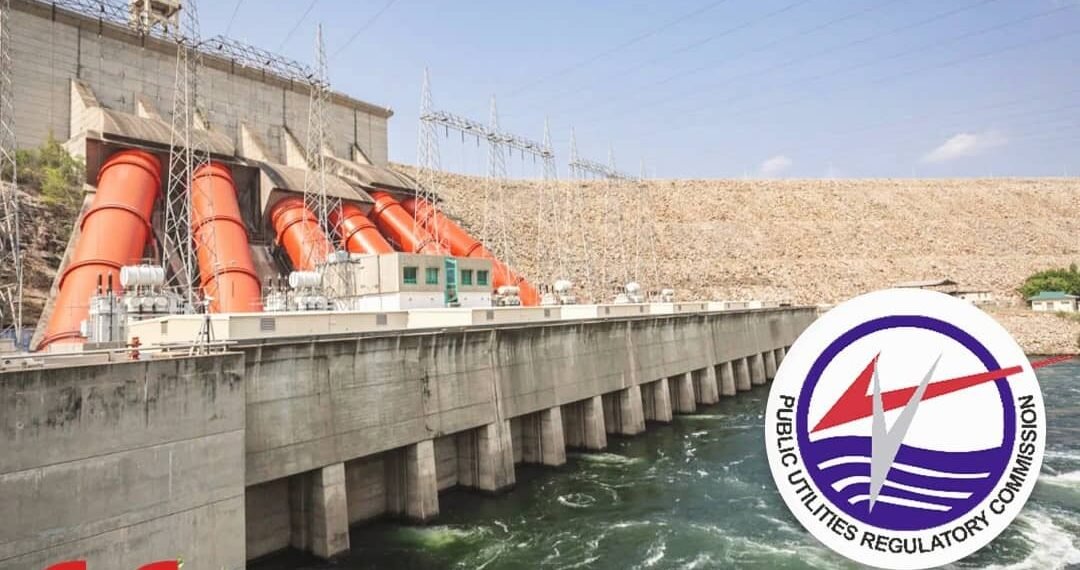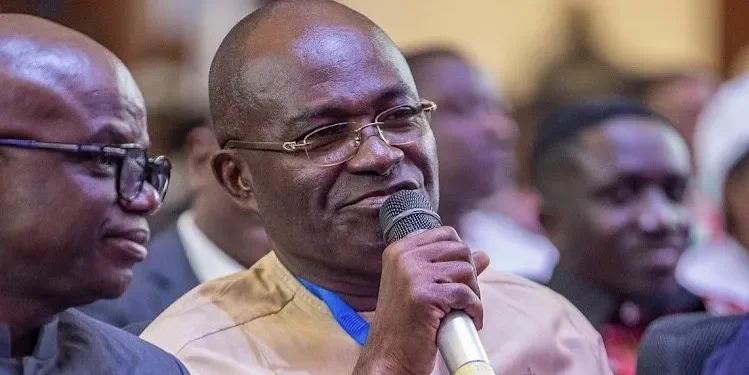The Association of Ghana Industries (AGI) and the Ghana Union of Traders Association (GUTA) have jointly sounded the alarm over the Public Utilities Regulatory Commission’s (PURC) latest decision to increase electricity tariffs by 2.45%, warning that the move could undermine the success of the government’s flagship 24-hour economy policy.
The tariff adjustment, which takes effect in the third quarter of 2025, was announced by PURC. The Commission attributed the hike to persistent exchange rate volatility, inflationary pressures, rising fuel costs, and increasing operational expenses of utility service providers.
However, industry leaders say the timing of the increase raises serious questions about the government’s policy coherence.
“If you’re talking about a 24-hour economy, you’re asking industry to work beyond the usual eight hours and continue through the night. That means higher electricity consumption.”
Tsonam Akpeloo, Greater Accra Regional Chairman of AGI
According to Mr. Akpeloo, many companies were already struggling to stay afloat due to high operational costs, and any additional burden from utilities could dampen their enthusiasm or even cripple participation in the new economic framework.

“A 2.5% increase under normal production is one thing, but with extended hours, the actual cost impact will be far greater.”
Tsonam Akpeloo, Greater Accra Regional Chairman of AGI
GUTA President Dr. Joseph Obeng echoed these concerns, warning that the latest tariff increase would inevitably trigger a domino effect on consumer prices.
“This time, we won’t just keep talking. Plastic manufacturers, for instance, have already raised their taxes to 7%, and they’ve started announcing price increases. That’s what we’re going to see more of.”
GUTA President Dr. Joseph Obeng
Dr. Obeng added “This is a cost issue. If operational costs go up, product prices will also go up. It’s that simple.”
GUTA and AGI urged the government to consider the cumulative economic effects of frequent utility hikes, particularly as the administration seeks to stimulate productivity, reduce unemployment, and ease the cost of living through the new 24-hour economy initiative.
Clashing Timelines

The 24-Hour Economy policy, set to officially launch today, Wednesday, July 2, is one of the National Democratic Congress’s (NDC) flagship programs aimed at modernising Ghana’s economy.
The initiative encourages continuous operations in sectors such as manufacturing, health, transport, logistics, and retail, with the overarching goal of creating jobs and improving service delivery.
However, industry leaders are now questioning whether the infrastructure and cost environment are adequately aligned with the policy’s ambitions.
“We support the idea of a 24-hour economy in principle, but this requires a well-aligned policy ecosystem. You can’t expand production hours while increasing electricity costs. It’s contradictory.”
Tsonam Akpeloo, Greater Accra Regional Chairman of AGI
He also cautioned that the lack of sector-specific incentives—such as discounted off-peak power tariffs or wage subsidies for shift workers—may lead to limited buy-in from private sector players.
The Bank of Ghana recently warned of persistent inflationary pressures stemming from rising energy costs, currency depreciation, and food price volatility.
Analysts suggest that the PURC’s latest tariff hike could feed into broader inflation dynamics, further weakening household purchasing power.
Both AGI and GUTA are calling on the government to reassess the implications of utility pricing on industrial growth and competitiveness.

“We need deliberate, targeted support to make this policy work—especially in the early stages. That includes stable and affordable electricity, flexible labour policies, and smart incentives.”
Tsonam Akpeloo, Greater Accra Regional Chairman of AGI
Dr. Obeng added that greater consultation with private sector actors would help reduce policy friction and build confidence among business operators.
As Ghana prepares to launch its ambitious 24-hour economy policy, the latest electricity tariff hike by PURC presents both a fiscal and political challenge.
Industry leaders are urging the government to recalibrate its utility pricing approach to ensure that economic transformation policies are not undercut by rising operational burdens.
READ ALSO: Mastercard and Access Bank Unveil Innovative Age-Segmented Card to Empower Ghana’s Youth






















